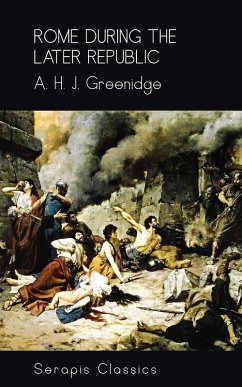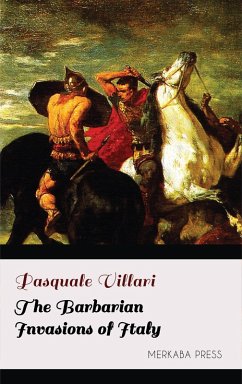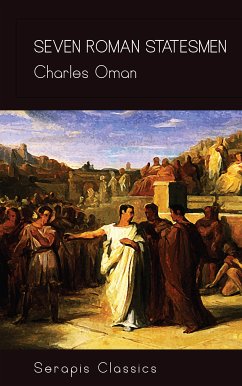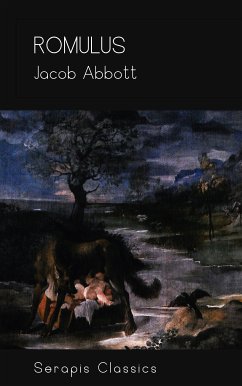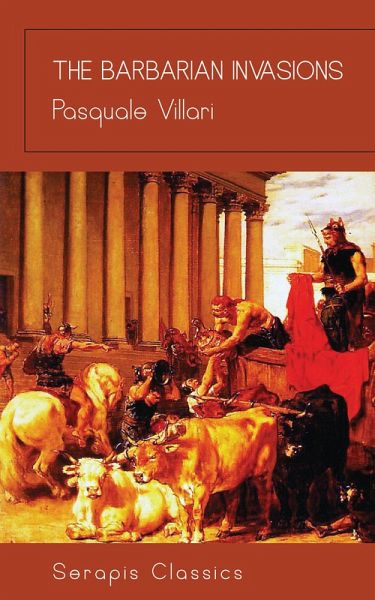
The Barbarian Invasions (Serapis Classics) (eBook, ePUB)

PAYBACK Punkte
0 °P sammeln!
What caused the fall of the Roman Empire? The first reply that occurs to us is this: That the Romans were corrupt and enfeebled by corruption; the Barbarians, while rougher, were also stronger and less corrupt. When the latter had once crossed the Rhine and the Danube, their ultimate victory was assured; the Empire was bound to fall, new social conditions were bound to arise. But what had corrupted and weakened a people that had been for so many centuries a model of discipline, virtue, and strength - a people that had conquered the world? Its corruption was a consequence, not a cause, and was ...
What caused the fall of the Roman Empire? The first reply that occurs to us is this: That the Romans were corrupt and enfeebled by corruption; the Barbarians, while rougher, were also stronger and less corrupt. When the latter had once crossed the Rhine and the Danube, their ultimate victory was assured; the Empire was bound to fall, new social conditions were bound to arise. But what had corrupted and weakened a people that had been for so many centuries a model of discipline, virtue, and strength - a people that had conquered the world? Its corruption was a consequence, not a cause, and was the first symptom of the decline that had already begun. The Empire that Livy had seen bending beneath the burden of its own greatness could not last for ever...
Dieser Download kann aus rechtlichen Gründen nur mit Rechnungsadresse in A, B, BG, CY, CZ, D, DK, EW, E, FIN, F, GR, H, IRL, I, LT, L, LR, M, NL, PL, P, R, S, SLO, SK ausgeliefert werden.




